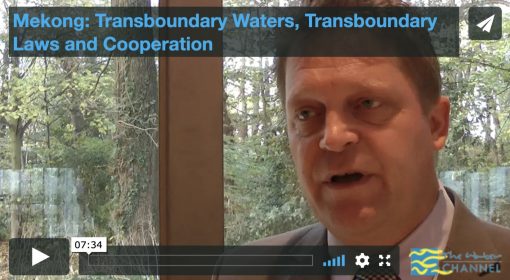The Mekong is one of the world’s great river systems. It supports great biodiversity and rural livelihoods that sustain over 60 million people. To meet the growing energy needs of the region, a number of hydroelectric dams have been planned along the river (in the Lower Mekong Basin). As is the case with most big dam projects, these have generated a lot of debate. Supporters point to their potential to generate much-needed power, while detractors highlight the ecological harm they are likely to cause.
Hydroelectric projects are approved/disapproved by sovereign nations while river waters and ecological zones are spread across boundaries. It is the mandate of the Mekong River Commission to facilitate cooperation among the riparian countries over judicious transboundary management of the river waters, and foster sustainable development in the region.
But why would sovereign nations choose to be bound by transboundary treaties, instead of pursuing national interests? And what is the value of international treaties/ international laws when complying with them is voluntary? Hans Guttman (CEO, Mekong River Commission), Zaki Shubber (Faculty, UNESCO-IHE) and Judge Kenneth Keith (International Court of Justice) address these questions from the points of view of the Mekong river basin and international water law.
More info: Mekong River Commission ; International Water Law Project ; Mekong Citizen
Produced by: TheWaterChannel
Year: 2013
Language: English
Region: South East Asia, Global
